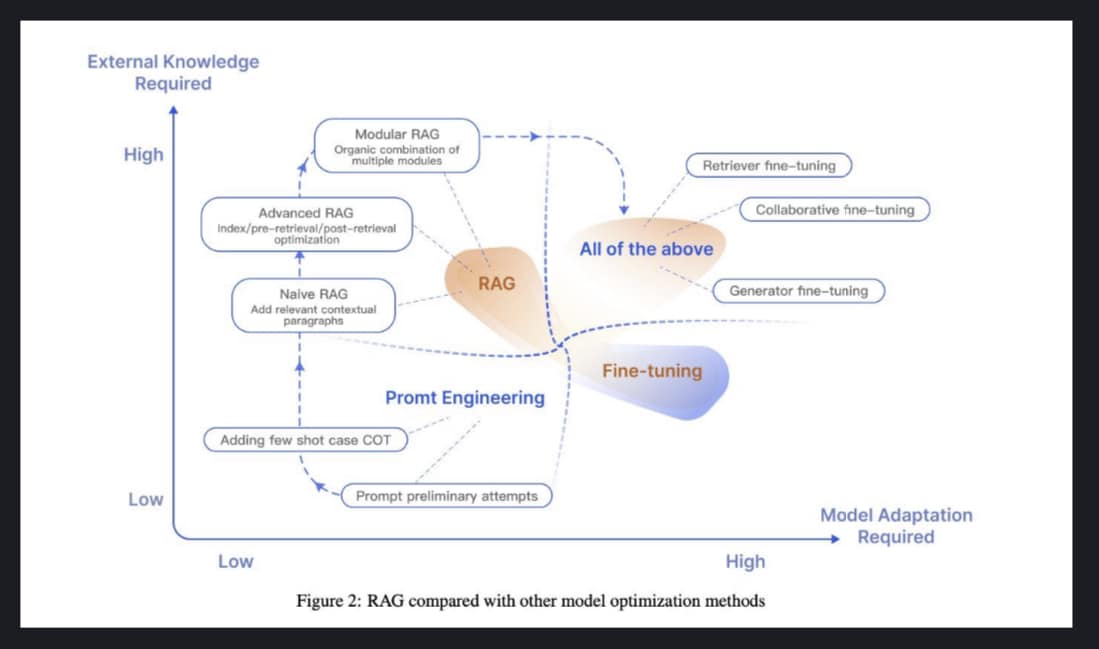Quality Over Quantity: Nurturing B2B Relationships for Long-Term Success

Maybe you will love this:
- All about CRM software for B2B
- Top 5 Challenges Faced by B2B Sales Professionals
- Gamification CRM: A Winning Strategy for Boosting Employee Performance
In today’s competitive B2B landscape, the adage “quality over quantity” rings truer than ever. While many businesses focus on acquiring as many leads as possible, the real key to success lies in nurturing those leads into long-term, valuable customers. This is especially true for SMEs, who often have limited resources and need to make the most of every opportunity.
The B2B sales cycle is notoriously long and complex, with multiple decision-makers involved in the buying process. This can make it challenging for sales teams to stay on top of leads and close deals. However, by implementing the right strategies and leveraging the power of technology, SMEs can streamline their sales process and build stronger relationships with their customers.
Understanding the B2B Buyer’s Journey
Before diving into strategies for nurturing B2B relationships, it's crucial to understand the typical buyer's journey. In most cases, B2B buyers go through a series of stages, including:
- Awareness: The buyer becomes aware of a problem or need.
- Consideration: The buyer evaluates different solutions and vendors.
- Decision: The buyer makes a purchase decision.
- Retention: The buyer becomes a repeat customer.

The Role of B2B CRM
A Customer Relationship Management (CRM) system is an essential tool for managing and nurturing B2B relationships. By centralizing all customer data in one place, a CRM allows sales teams to:
- Track interactions: Log every interaction with a customer, from initial contact to closed deals.
- Personalize communications: Tailor messages and offers to individual customer needs.
- Forecast sales: Predict future revenue and identify potential growth opportunities.
- Automate tasks: Streamline repetitive tasks, such as sending follow-up emails or scheduling meetings.
See our case study page to understand how important CRM is in B2B
Gamification: Making Sales Fun
Gamification, the application of game-design elements and mechanics to non-game contexts, can be a powerful tool for motivating sales teams and improving performance. By introducing elements of competition, rewards, and progress tracking, gamification can make the sales process more engaging and enjoyable.
.png)
Some common gamification elements used in B2B sales include:
- Leaderboards: Rank sales reps based on their performance.
- Badges and rewards: Recognize achievements and milestones.
- Point systems: Award points for completing tasks or achieving goals.
Specialized SaaS Tools for B2B Sales
In addition to CRM, there are a variety of other SaaS tools that can help SMEs improve their sales performance. These include:
- Marketing: Creat email campaigns, social media marketing, and lead nurturing.
- Sales enablement: Provide sales teams with the tools and resources they need to be successful.
- Customer support: Offer exceptional customer service to build loyalty and retention.
See our comparison page to find out which CRM suitable for your business
Building Strong Relationships
To achieve long-term success in B2B sales, it's essential to focus on building strong relationships with customers. Here are a few tips:
- Provide value: Offer your customers valuable content, resources, and insights.
- Be responsive: Respond promptly to customer inquiries and concerns.
- Personalize your approach: Tailor your communications to each individual customer.
- Overdeliver: Consistently exceed customer expectations.
Conclusion
In the world of B2B sales, quality relationships are worth more than quantity.
By understanding the B2B buyer's journey, leveraging the power of CRM and specialized SaaS tools, and implementing effective gamification strategies, SMEs can streamline their sales process, build stronger relationships with customers, and achieve long-term success.


.png)



